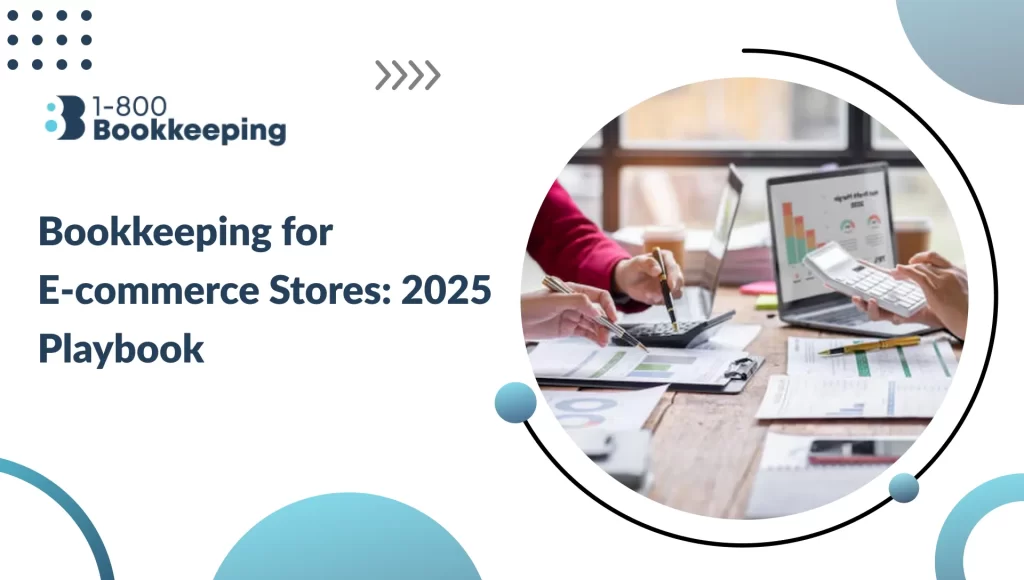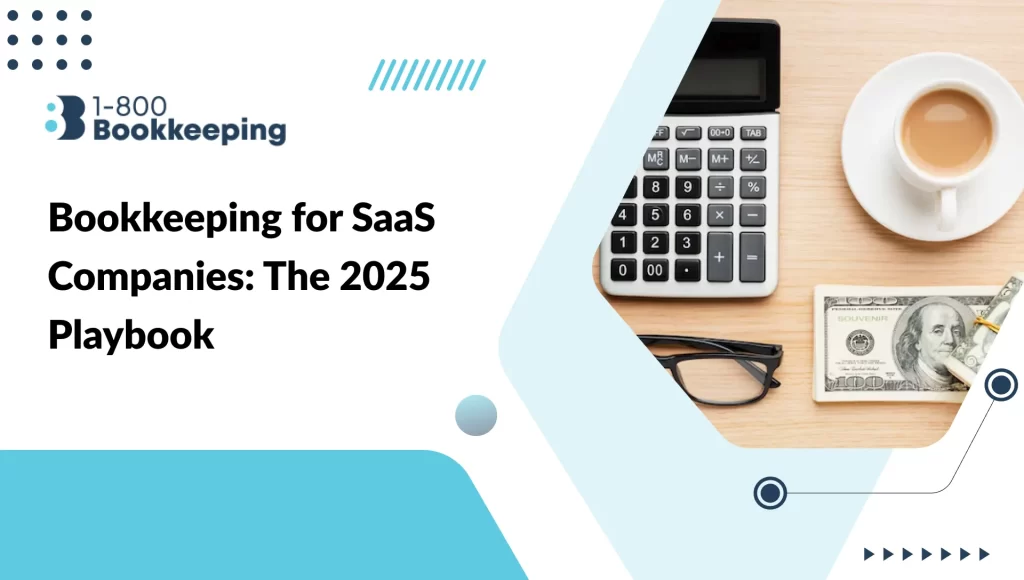The entrepreneurial journey is exhilarating, but managing all the financial nitty-gritty can feel like a looming storm cloud. Recordkeeping is your secret weapon to navigate those financial waters with confidence. It’s not just about filing receipts. It’s about gaining crucial insights into your business’s health, making informed decisions, and ensuring compliance with regulations.
This blog post is your one-stop guide to mastering small business recordkeeping. We’ll explore the importance of recordkeeping, the different types of records you must maintain, and the best practices for keeping your system organized and secure. You’ll also learn how long it takes to retain these crucial documents to stay compliant.
What Is Record Keeping?
Recordkeeping is essential to capturing and storing information about activities and transactions. It’s like creating a historical record to refer back to later. This can be anything from financial documents and receipts to project plans and customer interactions. Recordkeeping often involves electronic files and databases in the digital age, but paper records are still vital in some contexts. The key is a system that allows you to quickly find the information you need, whether for legal or compliance purposes, tracking progress on a project, or simply remembering past details.
Why Should I Keep Records?
Adequate record-keeping is a fundamental practice for any small business owner that ensures proper financial affairs management and compliance with legal obligations. Keeping accurate and detailed records is a legal requirement and key to business integrity.
Precise record-keeping enables small businesses to monitor operational performance, understand financial health, and make strategic decisions. It provides a clear snapshot of income and expenses, aids in tax preparation, and becomes crucial when assessing the value of the business or during audits.
Moreover, maintaining proper records can facilitate cash flow management, making identifying outstanding invoices and managing debtor accounts easier. This information can become instrumental in negotiating with investors, lenders, and creditors, all of whom will want assurance of the business’s credibility through its records.
1800 Bookkeeping’s Expertise in Record keeping
Managing your small business finances can be a full-time job in itself. Keep recordkeeping from becoming a burden that hinders your growth. 1800Bookkeeping is here to be your financial partner, offering expert services that streamline recordkeeping and empower you to focus on what matters most – running your business!
Our team of experienced professionals can handle all your Record-keeping needs. Stop drowning in paperwork and start focusing on what you do best! Contact 1800Bookkeeping today for a free consultation and discover how we can transform recordkeeping into a springboard for your business growth.
Why Is Recordkeeping Important for a Small Business Owner?
Record-keeping is the bedrock of transparency and strategic planning for a small business owner. It helps trace the business’s financial journey and protects it in case of any disputes with customers, vendors, or regulatory bodies. It simplifies reporting to stakeholders and is a reference for measuring business progress over time.
Record-keeping can uncover trends and provide insights into spending and revenue generation, which, in turn, will fuel more accurate budgeting and forecasting. In the unfortunate event of a legal issue, having organized business records can be a lifeline, offering proof of correct business practices and compliance.
What Kind of Records Should a Small Business Keep?
A small business must manage several types of records, including, but not limited to, financial statements, tax records, payroll information, invoices, receipts, and inventory data. The record-keeping system should capture all business transactions, incoming and outgoing funds, and contracts or business agreements.
Financial statements like the balance sheet, income statement, and cash flow statement offer a comprehensive view of the business’s financial status. Tax records must be carefully maintained to ensure compliance with tax laws and smooth processing during tax season. Payroll records are sensitive and must be kept secure while complying with labor and employment laws.
Record keeping should also extend to documenting inventory purchases and sales, which aids in understanding stock levels and informs purchasing decisions. Tracking business expenses through receipts and invoices is crucial in substantiating deductions claimed on tax returns.
How Do I Keep Records for a Small Business?
Keeping records for a small business involves setting up an efficient and secure system. Many small companies leverage accounting software that offers tools to capture and organize financial data. The choice of accounting software should consider the business size, the volume of transactions, and the complexity of operations.
A meticulous approach to record keeping can involve digitizing receipts and documents, categorizing expenses accurately, reconciling bank statements regularly, and tracking billable hours correctly for service-based businesses. In addition, training staff on the importance of record keeping and how to use the chosen system will ensure consistency and reliability in the data captured.
Three Best Practices for Small Business Recordkeeping
- Create an organized management system for all documents and transactions.
An organized management system ensures that all business records are filed logically in physical folders or digital directories. This system should allow for easy retrieval of documents when needed. Records can be organized by date, type of document, or project, depending on what makes the most sense for the business. A document management protocol will save time and reduce the risk of lost or misplaced documents.
- Ensure all business records are secure and backed up.
The security of business records is vital to protecting sensitive information from unauthorized access or data breaches. Physical documents should be kept in a secure location, like a locked filing cabinet or safe. Encryption and password protection are essential for digital records. It is also crucial to have a backup system, such as cloud storage or an external hard drive, to prevent data loss in the case of a technical failure or disaster.
- Find out how long you need to keep records on hand
Different records may need to be kept for varying lengths due to legal and tax requirements. Knowing these requirements is vital for compliance and for managing storage space. Generally speaking, tax-related documents should be kept for at least seven years to comply with potential audits, but each country may have specific regulations.
How Long Should I Keep Records?
Small businesses’ retention periods can vary based on statutory requirements and operational needs. Tax authorities often stipulate a minimum period for retaining tax records, commonly three to seven years. Employment records, contracts, and other financial documents may have their respective retention periods.
Small business owners should familiarize themselves with local regulations and consult with legal and tax professionals to determine the appropriate period for retaining different types of records.
What Are Some of the Advantages and Disadvantages of Recordkeeping?
Effective record-keeping brings numerous advantages, including improved financial management, compliance with tax and legal regulations, and enhanced decision-making capability. It also instills discipline in managing operations, increasing productivity and profitability.
However, record keeping does involve costs, including the time invested in maintaining the records and potential expenses for software, storage, or professional services. There could be a tradeoff between the thoroughness of record keeping and the agility of business processes, particularly for small businesses with limited resources.
Challenges in Recordkeeping
Maintaining up-to-date and accurate records can pose several challenges, especially for small businesses with limited staff and resources. One hurdle is keeping up with ever-changing tax laws and accounting standards. Other challenges include ensuring data accuracy and preventing human error in record entry.
Adopting new technologies like accounting software may require an initial learning curve and financial investment. Rigorous data security measures are also needed to protect sensitive business information.
Conclusion
Now, you have the knowledge and tools to conquer small business recordkeeping! Remember, a well-organized recordkeeping system is an investment in your business’s future. It saves you time, reduces stress, and empowers you to make informed financial decisions. Implement the best practices outlined above, choose a recordkeeping system that suits your needs, and don’t hesitate to seek professional help. With a little effort, you’ll be a recordkeeping pro in no time!
Feeling Overwhelmed by Bookkeeping? We Can Help.
Running a business is demanding, and keeping track of your finances can be a never-ending chore. Many business owners need help with the complexities of bookkeeping, which can leave them frustrated and behind.
1800 Bookkeeping offers expert services to streamline your financial processes and empower you to make informed decisions.
Our team of seasoned professionals understands the unique challenges businesses of all sizes face. We can help you:
- Free Up Valuable Time: Offload your bookkeeping tasks to our dedicated professionals.
- Gain Peace of Mind: Ensure your financial records are accurate and up-to-date.
- Make Smarter Decisions: Get actionable insights into your business performance through clear and concise reports.
- Feel Confident: Make informed financial decisions based on reliable data.
Don’t let bookkeeping hold you back from achieving your business goals. Contact 1800 Bookkeeping today for affordable bookkeeping solutions.
FAQs:
1. What are the biggest challenges of small business recordkeeping?
Keeping up with changing regulations and ensuring data accuracy can be hurdles. Implementing new technologies might require a learning curve. However, the benefits far outweigh the challenges!
2. Paper or digital? Which recordkeeping system is best?
The best system depends on your business size and preferences. Digital recordkeeping offers convenience and accessibility, while paper records might suit specific documents.
3. How long should I keep my business records?
Retention periods vary based on document type and legal requirements. Tax records typically must be kept for 3-7 years, while some documents might require longer retention. Consult a tax professional for specific guidance.
4. What if I need to catch up on my recordkeeping? Can I still get things under control?
Absolutely! Even if your recordkeeping is a mess, there is always time to get organized. We can help you catch up and establish a system that works for you. Don’t be discouraged – starting today is the key to a brighter financial future for your business.
5. I’m a one-person operation. Do I still need professional recordkeeping help?
Small businesses of all sizes can benefit from professional recordkeeping services. We can free up your valuable time to focus on core tasks while ensuring your financial records are accurate and compliant. Consider the cost of potential errors or missed deadlines compared to the peace of mind and efficiency professional help can provide.





